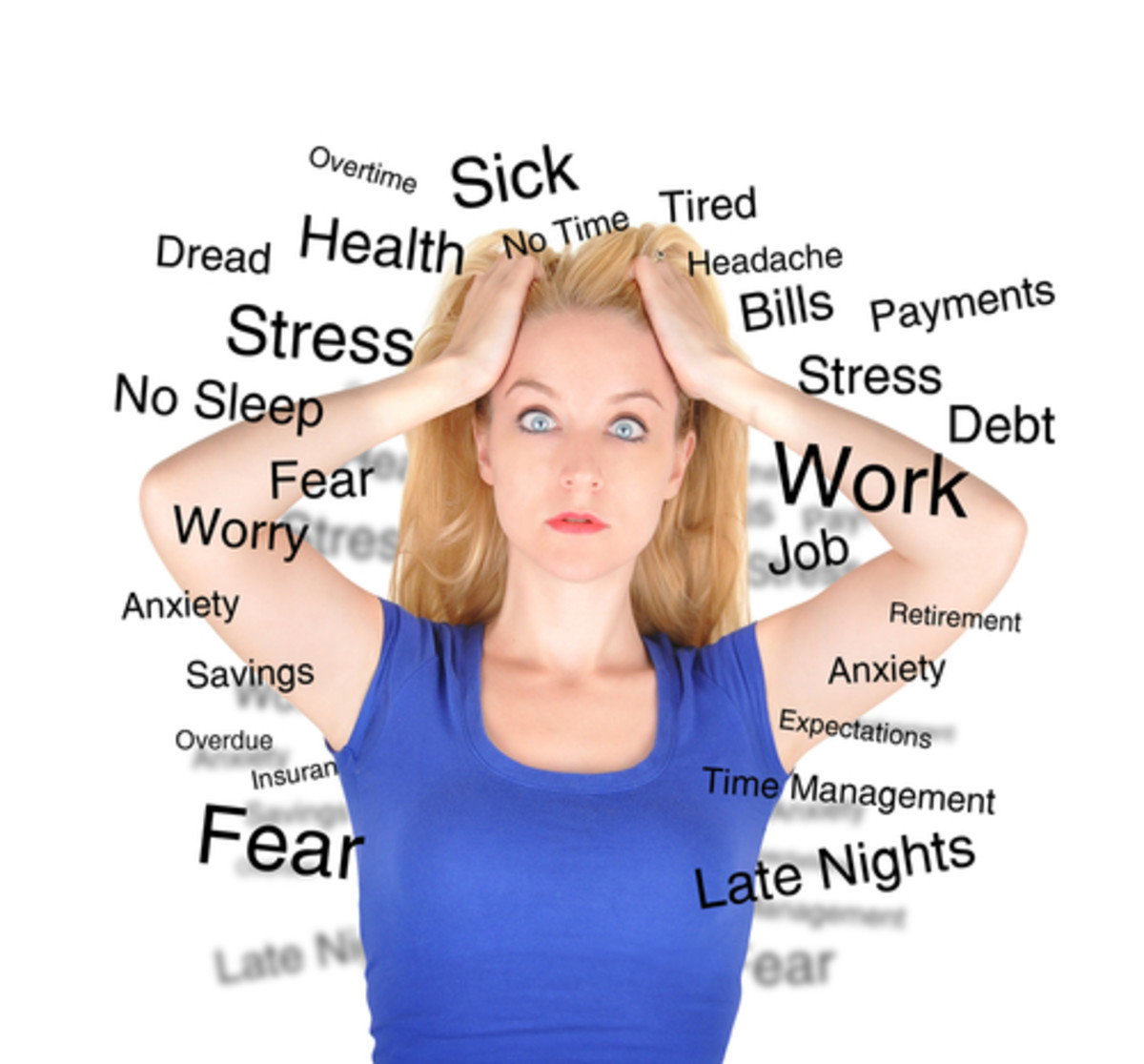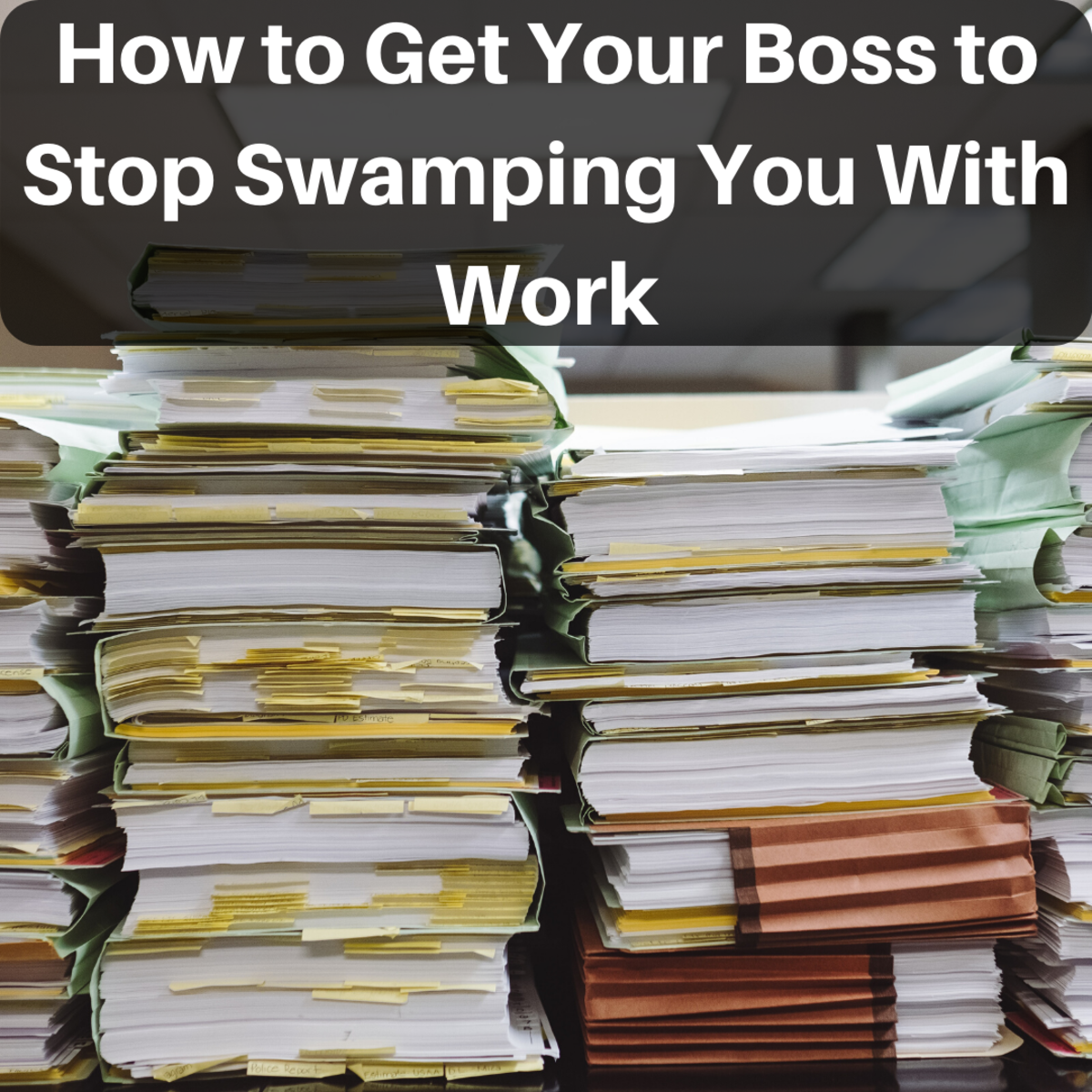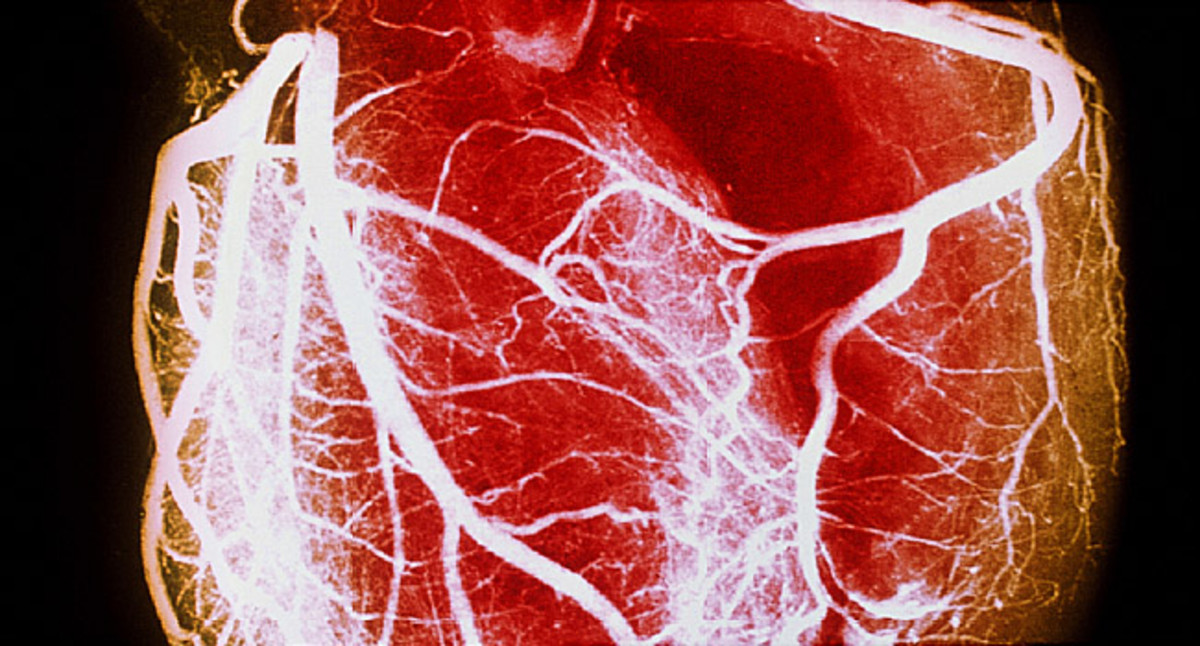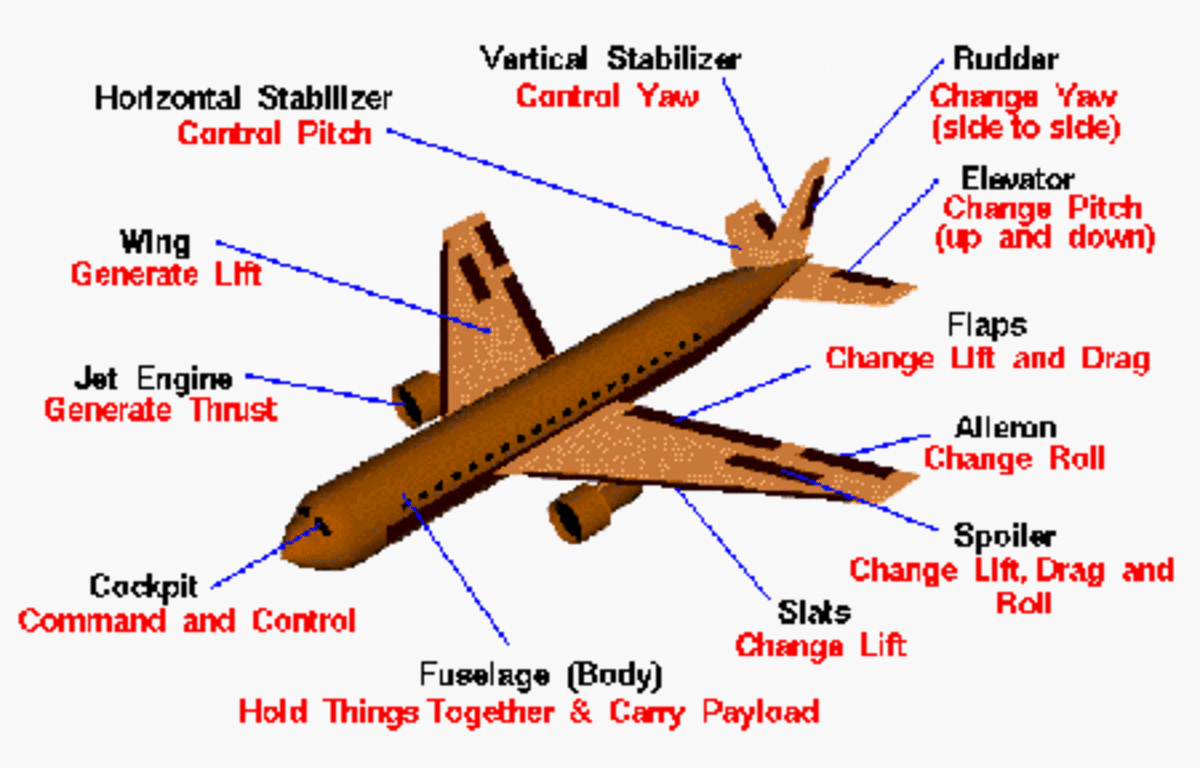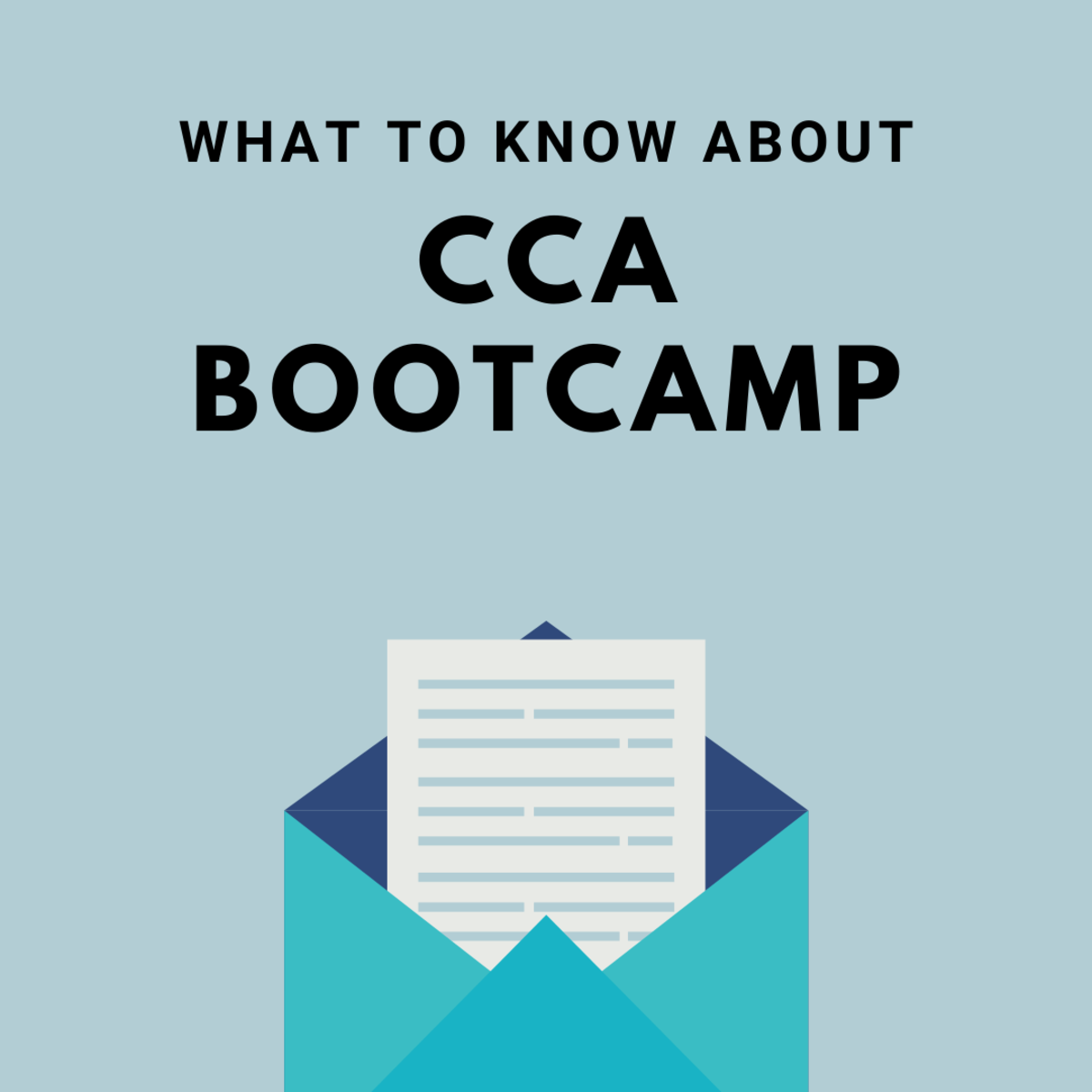Beat Workplace Stress, Improve Resilience
Workplace Stress - Beat it Now
We all have some stress in our working lives, and a little stress is a good thing. It motivates us, helps us to focus and get jobs done. The problem comes when stress is chronic, ongoing, or gets out of control. That's when we need help to manage the stress, take back control and feel on top of our game again.
This article looks at stress, the common causes in the workplace, and how to TAKE CONTROL BACK, but first, we should look at what stress is.
Physiology of Stress
OK, the technical stuff - it would be good if you could stick with it, it'll give you a clearer idea of why you feel so bad....
The HPA Axis
In simple terms, the HPA Axis includes the sympathetic nervous system, various neurotransmitters, the immune system and the HYPOTHALAMIC-PITUITARY-ADRENAL Axis, hence HPA Axis.
When we're under stress (too much work, about to be eaten by a lion, up against an article deadline etc.), the HPA is triggered. When the brain is stressed, it sends out an avalanche of neurotransmitter signals to the adrenal glands (these little fellas sit just above your kidneys).
More specifically, the hypothalamus (deep inside the brain) releases corticotrophin releasing hormone, which messages the pituitary gland (at the front of the brain, behind your third-eye). The pituitary releases adrenocorticotrophic hormone which kicks the adrenals into making cortisol.
Effects of Cortisol in the Body
So, what does cortisol do? It causes a rise in blood sugar in the bloodstream to prepare the body to 'fight, or flight' from the stress.
The adrenals also release adrenaline and noradrenaline (epinephrine and norepinephrine), these increase the heart rate and blood pressure, tense the muscles and increase the breathing rate.
So we can see that the HPA Axis prepares the body to tackle the immediate stress, which is fine if you're about to be eaten by a lion, but the problem comes when the stress is prolonged, ongoing, or chronic. We can't run away from workload, or a presentation, which is where the problem lies.
There are two prongs to the effects of all those chemicals washing around your body, the physical and the mental.
Physical Effects of Stress
Raised pulse, blood pressure, breathing rate
| Palpitations
| Chest pains
| Loss of sexual appetite
|
Weight gain/weight loss
| Dry mouth
| General aches and pains
| Loss of appetite for food
|
Poor sleep
| Tension Headaches
| Fatigue
| Poor immunity to infection
|

Mental Effects of Stress
Mental exhaustion
| Catastrophic thinking
| Inability to make a decision
|
Inability to cope with anything
| Ruminating
| Low mood
|
Worry
| Re-playing scenarios
| Depression
|
Causes of Workplace Stress
The Health and Safety Executive identify six main causes of workplace stress:
Not being able to cope with the demands of your job (feeling overwhelmed) (44%)
Inability to control the way you work (other people decide this for you)
Lack of information, or support (14%)
Troublesome relationships at work, or bullying (13%)
Lack of understanding of role or responsibilities
Not being engaged when the business is undergoing change (8%)
Remaining causes (those without a % figure next to them add up to 21% of all stress caused)
Effects of Workplace Stress on the Workforce
Again, the Health and Safety Executive have some facts and figures about how work related stress affects the workforce as a whole, which make some interesting reading:
In 2016/2017, 526,000 workers were suffering from workplace stress, depression or anxiety. That s a huge number of people struggling with the problem.
In 2016/2017 12.5 MILLION working days were lost to workplace stress, depression or anxiety. So not only does stress affect the individual, but the Country as a whole. I suspect that this has a knock on effect for those workers remaining at work to pick up the slack from sickness, causing further pressure on employees.
Jobs Most Likely To Cause Workplace Stress
Some types of employment are far more likely to cause stress than others. Again the HSE's research:
Human Health and social Work
Public Admin and Defence
Education
How to Fight Stress and Take Back Control
It's clear that stress can have devastating effects on a person's life. I can certainly look at my career and see my work environment reflected in a lot of the above categories.
I think there are additional factors not mentioned in all the stats above. Sometimes the work environment is just a bit broken. Maybe it's always too hot, or too cold, the toilets don't work, the heating doesn't work, radiators don't work, the lighting is harsh, the place smells, the equipment doesn't work, you can never park, you have to travel miles to work on a long hot smelly, cold damp commute crowded with others. These additional, minor factors add to the constant background hum of pressure. Does this ring any bells for you?
Some people naturally have more resilience than others. They can take everything that's thrown at them from the job and the environment, and just sail on through. So we need to identify some of their coping strategies and add them into our own workplace.
Develop Resilience
Adopt a mentor: sounds simple, but pick someone at work, whom you admire and who rarely seems affected by all of the stress stuff that goes around, then watch how they do it, and copy that.
Resilient workers are good at prioritizing. They organise their work, so that they know what needs doing first.
Resilient workers are good at saying NO! However, it's the way they do it that counts. Rather than waiting until they are completely swamped with work. They look at their workload, prioritize and think - Hmmm, these three things are all priority one. They would then go to their manager and say 'OK, I have these three things that are all priority one, but I can't do them all at the same time, which would you like me to do urgently?'

Take Breaks
Resilient workers are very good at taking a break. They schedule regular time away from their work-station, even if it's only a five minute walk around the building or a few minutes to the water cooler. They move away from their computer screen regularly, stretch, and rest their eyes.
Take a lunch break, even if you have a couple of shorter breaks rather than your full allotted break. You need to eat. and move away from your work station. Try to never eat at your desk.
Get some fresh air. Step outside and have a walk around the lovely sterile business park you work in.
Try to notice the environment - a bird, grass, a seagull pulling the rubber work off the cars - whatever is around you that's not connected to work.
Not a smoker? Schedule yourself a regular non-smoker break outside. The smokers do it - right?
At the end of each day, plan and prioritize your workload for the next day. This helps stop worry overnight. Often when you look at your plan in the morning, you find a bit of perspective about the workload and feel a bit calmer.
Realise that you will never clear your workload. There will always be items left on your 'To Do' list - and IT'S OK.
Excercise and Stress
it's well researched that exercise has positive effects on reduction of stress levels. if you can, get out for a walk/run/swim. Few workplaces in the UK have gyms, but if they do - take advantage.
Many work-places offer reduced gym membership, or a 'cycle to work' scheme. if so, take advantage.
Get Some Head Space
Mindfulness is all the rage at the minute, because it works. Sometimes you just need to be taught how to take a mental break from the thoughts whirring round your head.
The mindfulness book that had the most profound effect on me is 'Get Some Headspace,' written by Andy Puddicombe, a regular guy who became a Buddhist Monk, and then left again.
He took up Monk training because '...I struggled with the endless thinking. It felt as if my mind was permanently switched on...'
This sounded very familiar to me, so I researched further and found Andy's book. What I liked about it, was that it spoke to me. He could have been writing about my life. What he proposes is that you spend just ten minutes a day, trying to quieten those whirring thoughts. You don't have to adopt a Religion, or have any faith beliefs, just follow the meditation tips he gives.
I'd been put off meditating before, because it was focussed on building up to at least an hour a day. Some of the most profound meditators spend years in monasteries or in isolation, and I couldn't see how that fit into my little corporate world.
I began making sure I had a lunch break, and spending ten minutes of that time, sitting in my car, following the advice that's in the book - and it worked. I noticed that instead of flagging in the afternoon, needing that 3pm strong coffee and biscuits, I had more energy, felt less stressed, was able to get more work done and ENJOY doing it.
Then I noticed that the de-stressing effects gradually spread throughout my day, those ten minutes of getting some headspace helped me achieve some perspective on my workload and stress levels.
Since this time, he's produced a handy App, which guides you through a ten-minute meditation, which is great for those on the move, but every so often I re-read the book, just because I like to hear his story.
.
Can't Cope?
If your stress levels have gone too far for the simple methods above, you probably need to get more professional help.
Unhelpful Coping Strategies. The Usual Suspects
Drinking too much alcohol
| Overeating
| |
Smoking
| Not excercising
| |
Street Drugs
|
Stress. Employer Responsibilities
Your employer has a legal duty to reduce work place stress if at all possible, so you need to speak to your manager.
If your manager is the problem, you need to speak to someone else you trust.
Your manager should do a stress risk-assessment.
They should refer you to Occupational Health, who can access some help for you, such as counselling. Occupational Health may put it in writing that you need regular breaks, A lighter work-load, improved working equipment etc.
Your work-place might use something such as the Employee Assistance Programme (EAP) - independent companies who you can speak to and who will access help and support for your stress.
You could speak to your doctor, or to your Union Representative, if need be.
A word of caution. You need to keep your work place informed that you are struggling with stress. I have heard of instances where employees have not been paid when they have taken sick time due to anxiety, because they didn't let their manager know that they were struggling and give them chance to put things right.
If you need to take a break and go off sick, on your return, ask for support, ask for a good phased return and take up all the opportunities offered to help you.
Ultimately, if the measures above don't help. Maybe it's time to think about a change of job.
If you've tried to cope, but can't, despite all the help and support, no job is worth ruining your mental health for and maybe you should look elsewhere.
At that point, you need a good job coach.
How Stressful Is Your Job
© 2018 Georgina Crawford

